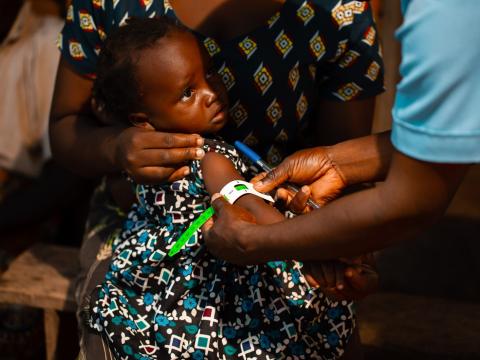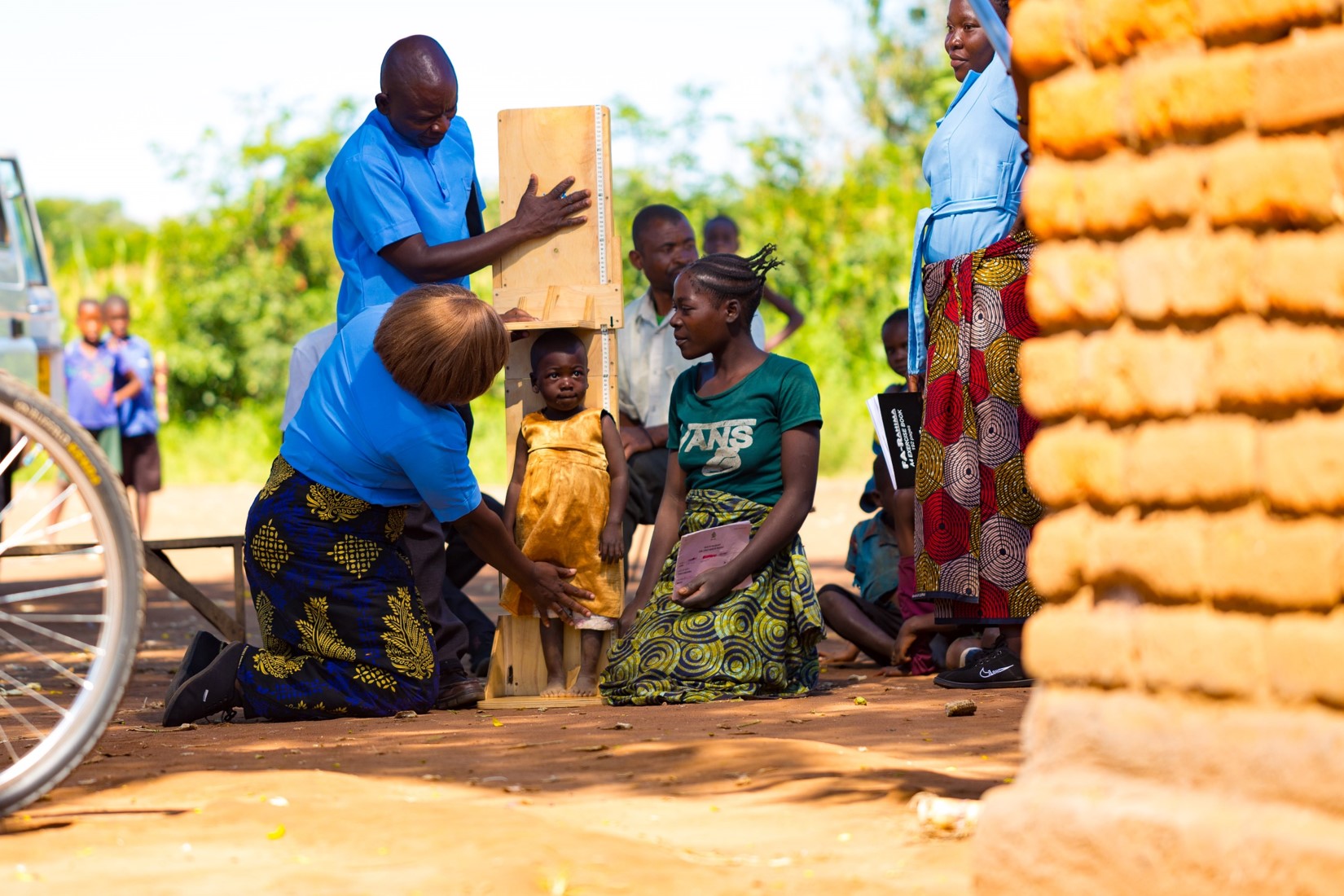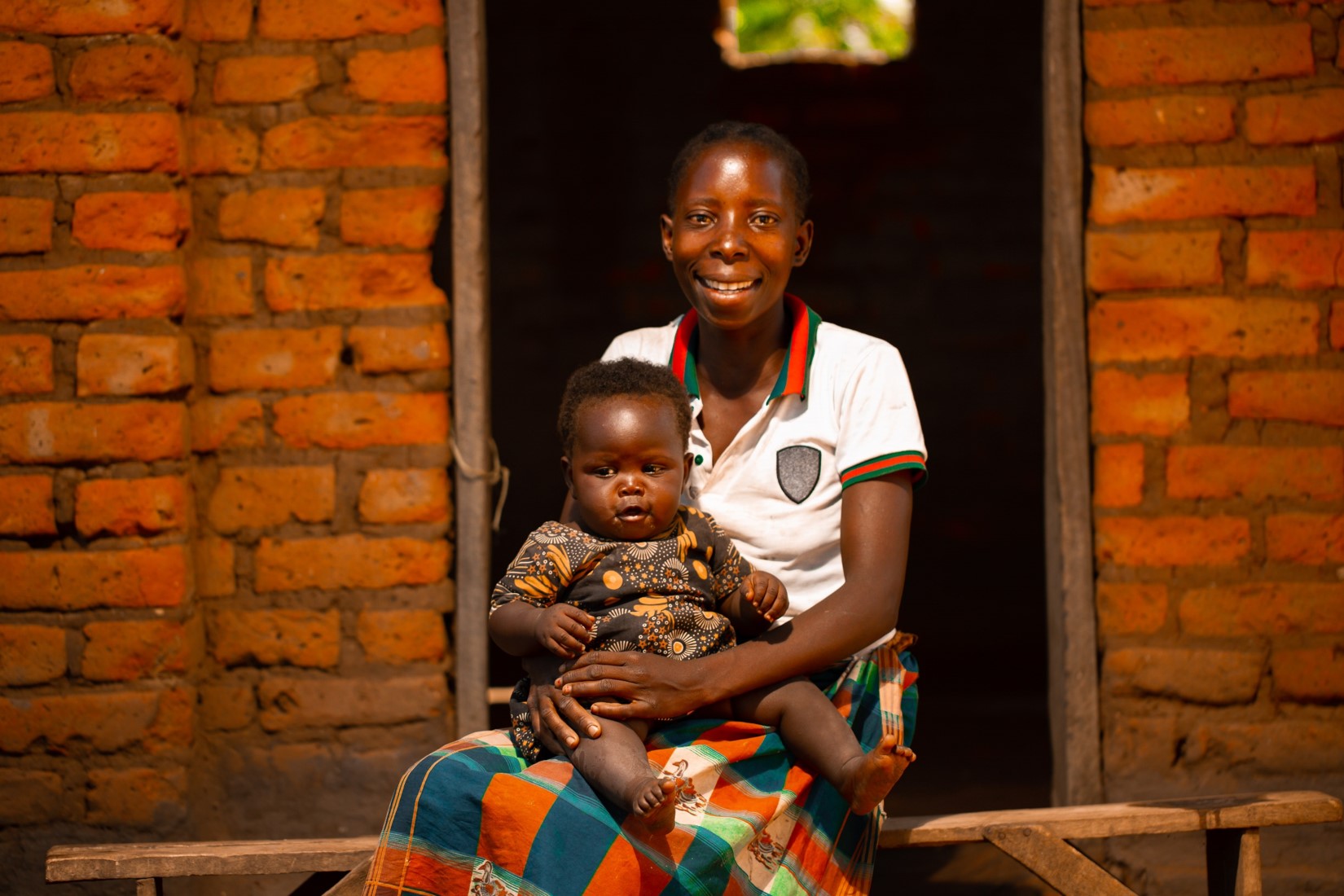Screening for Survival: How Early Malnutrition Detection is Saving Malawian Children

By Trinity Kubalasa.
Communications and External Engagement Manager, World Vision Malawi.
Malnutrition remains one of Malawi’s most pressing health challenges. According to 2023 Malawi Demographic and Health Survey, 37% of Malawian children under five suffer from stunting, a condition caused by chronic malnutrition that leads to impaired growth and cognitive development.
In Mchinji, the situation is alarming with 42% reported rate above the national average.
In an effort to combat this situation, World Vision Malawi (MVW) has scaled up mass nutrition screening in remote villages to identify and support children suffering from malnutrition, ensuring they receive timely interventions.
The initiative which is part of ENOUGH campaign, focuses on identifying children suffering from moderate and severe acute malnutrition using a Mid-Upper Arm Circumference (MUAC) tape, digital weighing scales, and height measurement boards to assess their nutritional status.

Zione Chichitike, 43 year-old mother of four children from Chipapasa Village, applauded the initiative as a life-saving.
Her two-year-old son, Mphatso, had been struggling with persistent diarrhea, fatigue, and loss of appetite, but she didn’t recognize the signs of malnutrition.
“I thought he was just a picky eater. But when they measured him, his arm was in the red zone. I was shocked. Now I am referred to Likuni Phala, a supplementary feeding support to prevent further deterioration,” Chichitike said.
Like Mphatso, many children in Mchinji are benefitting from these interventions. World Vision has also integrated nutrition education sessions into the screenings, teaching parents about the importance of a balanced diet, exclusive breastfeeding for infants, and proper hygiene practices to prevent malnutrition-related illnesses.
Echoing Chichitike's sentiment, Alice Moses, a 31-year-old mother of three from Chipapasa village shared her experience in the way she used to feed her children.

"Before, I used to feed my children only porridge, thinking it was enough. But through the trainings we received, I have learned to add groundnuts, vegetables, and small fish to improve their diet. Now, I believe that my youngest child will be healthier and more active."
At Chipapasa Community Based Care Centre, World Vision Malawi has screened over 63 children, identifying number of cases of moderate and severe acute malnutrition. These children are referred to receive Likuni Phala, a life-saving treatment through community-based nutrition rehabilitation programs at the same CBCC.
While local leaders are actively encouraging parents to participate in screenings. Cassius Mkandawire, a district nutrition officer in Mchinji, praises the WVM efforts.
Mkandawire said, “World Vision’s work has been crucial in reaching the most vulnerable children in our district. Many families in remote areas do not have access to regular health check-ups, so these screenings are saving lives.”